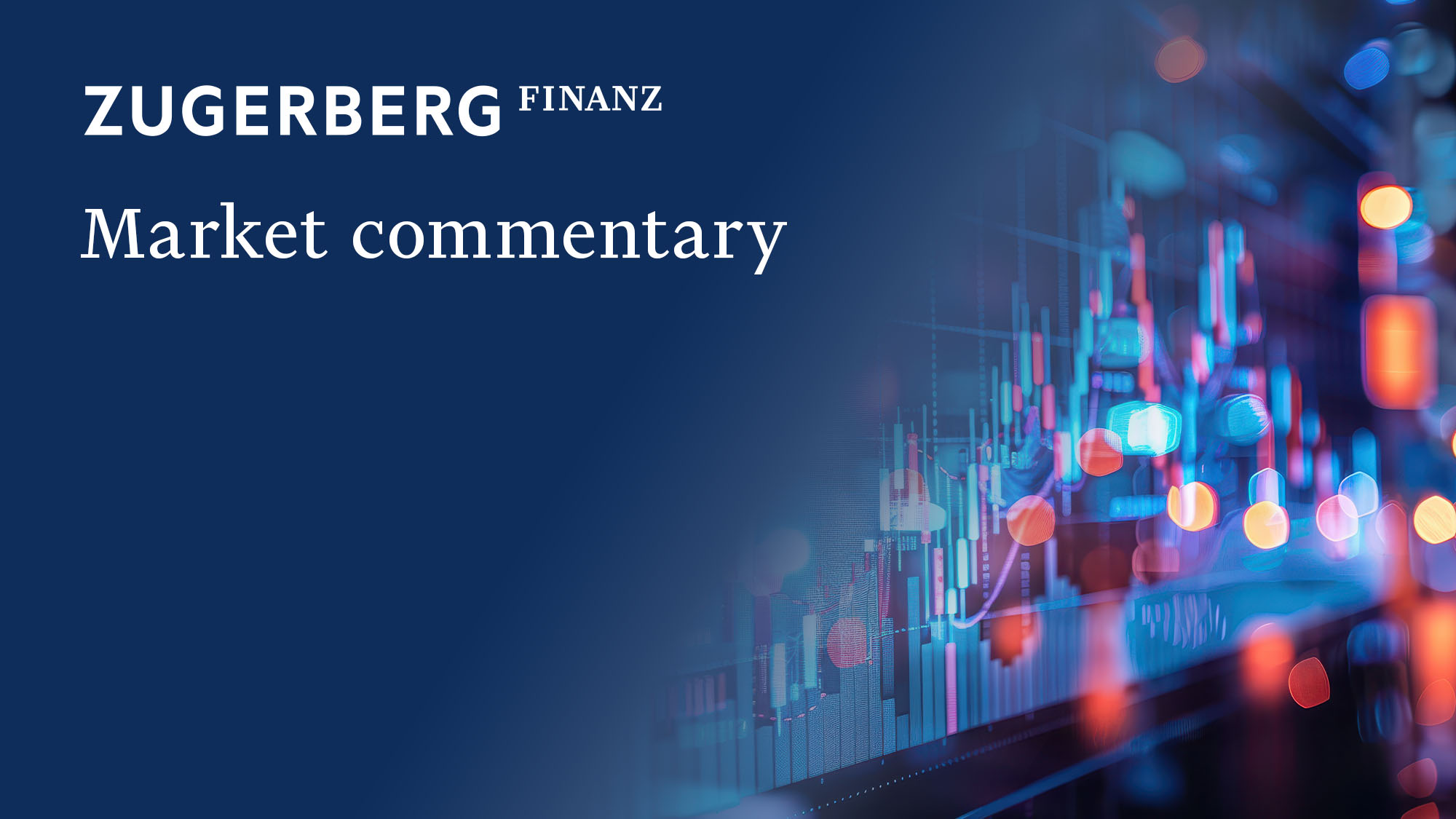Market commentary: UPDATE – trade dispute, dealing with volatility

UPDATE from 14 April 2025
With reference to our market commentary from 7 April 2025, “Trade dispute, dealing with volatility”, we would like to take this opportunity to provide an update to let you know that the situation on the international capital markets appears to be calming down.
The reason for the calm is that the tariffs announced by the Trump administration have been suspended for a period of 90 days. During this time, various negotiations with trading partners are likely to take place and solutions will be sought and found.
As predicted in last week’s market commentary, the “tariff break” led to (very) good trading days last week, and this trend continues today. As is so often the case, the best trading days come right after the worst ones. The decision to remain invested has so far proven to be the right one. It is important to keep your nerve during market phases such as this – even when volatility remains high, which we expect to be the case in the coming weeks. This is because periods of increased fluctuations on the market often also offer opportunities – and not just in terms of the attractive entry levels that are created as a result. For example, the increased uncertainty around cooperation with America is likely to push European policymakers to adopt more growth-friendly policies. In addition, China has acted to de-escalate the situation by interrupting the cascade of reciprocal tariff increases. With the latest tariff increase, it was also clearly communicated that there would be no further response to additional countermeasures from America.
We would like to point out once again that our portfolios consist of sound, well-established, and market-leading companies, with a strong focus on Swiss companies and the Swiss franc. A strategy such as the “balanced” risk class 3 (max. 60% equities) consists of around 80% Swiss francs, 8% euros, and 12% dollars. The biggest risk is the approximately 35% (out of currently 50%) of Swiss equities. Even though Swiss companies have historically proven to be highly adaptable in difficult market phases, we pay close attention to a strict selection of qualitatively convincing business models. There are also numerous companies that are not affected by US tariffs, but whose shares have nevertheless corrected by 10% or more as a result of the downward movement. If liquidity planning allows, this price level can be very attractive for anyone who wants to invest countercyclically – which is typically a promising strategy – and has strong nerves.
